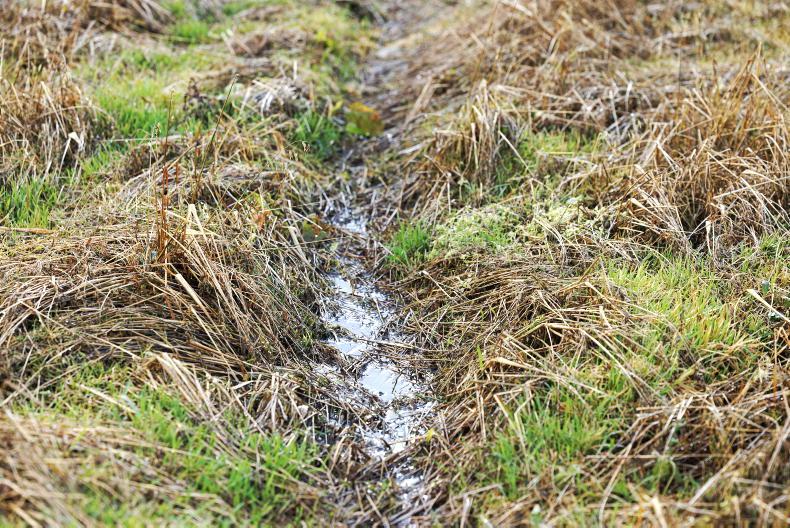Fieldwork
Some managed to get out to fields over the past week or so to dig potatoes and harvest maize and beet. Winter planting also continued behind the plough.
However, heavy rain has stopped many from working in fields for a while. The weather outlook for the next few days shows some showers.
Seed rate
Remember to increase seed rates when planting into the next few weeks and months. Oats will need to be planted at around 190kg/ha (approximately 12st/ac), winter barley will be up as high as 230kg/ha (nearly 15st/ac) for some two-row varieties and winter wheat will be over 200kg/ha (13st/ac).
You’ll need to check the thousand grain weight of your seed and consult with your agronomist on conditions before deciding on seed rates.
Herbicide
Some of you managed to apply herbicide in the past few days. However, the majority of winter cereals have not yet received a herbicide application.
It is important to get herbicides onto crops as soon as possible to get the best control, but it is also very important that we do not stress crops.
Many crops are struggling to establish or are under stress due to the wet weather. Applying a herbicide can cause stress to the plant, so wait until crops are well established and conditions are suitable.
Grasses are the main target, but we want to control broadleaved weeds as well. There are loads of options. Firebird Met on barley and wheat claims control of grass weeds and groundsel if that’s an issue on your farm, as it is hard to control for some.
Defy and DFF (together) and Flight are all options. Talk to your agronomist for the best option, as if some weeds are up you will need a contact mode of action like Firebird Met or Defy. Avadex Factor, which offers some control of blackgrass, needs to be applied pre-emergence as it needs to be taken up as the weed emerges.
Spring cropping
Moving to spring crops can cause issues with workload, but if you have a grass weed problem on your farm, then it could be a good thing. The message from the grass weeds conference last week was to delay drilling where grass weeds are an issue.
Winter cereal drilling has been delayed for many weeks now, but it is even better to plant a spring crop. Eighty per cent of blackgrass seed will emerge in the autumn.
If allowed to emerge and be controlled with glyphosate before spring cropping, the incidence of the weed can decline by 88%.
Aphids
We have no aphid counts at the minute. If you are travelling the fields on October sown crops, a pyrethroid could be added. Anything sown in November is at low risk of barley yellow dwarf virus.
Travelling
Most land is very wet, and while some is travelable it is important to take care. Don’t travel where you are going to make deep tracks. We need to look after our soil.
If you make tracks now you might be travelling in bumpy conditions for the rest of the year.







 This is a subscriber-only article
This is a subscriber-only article










SHARING OPTIONS: